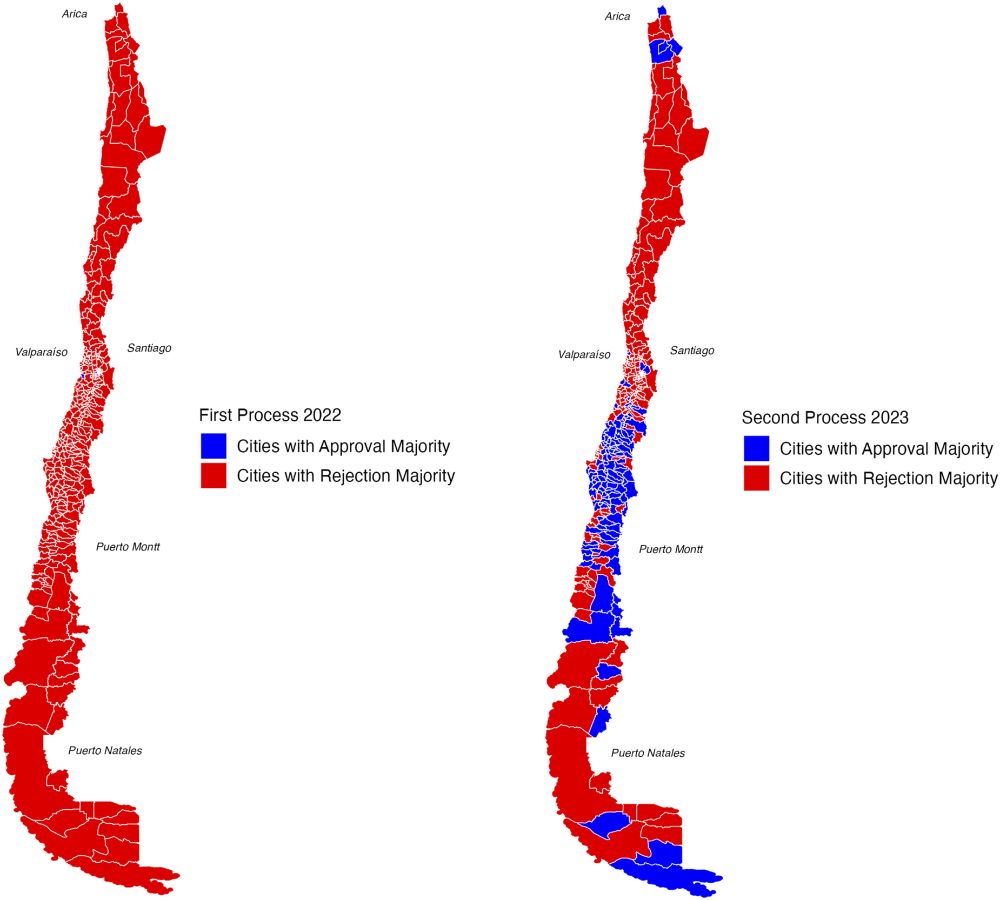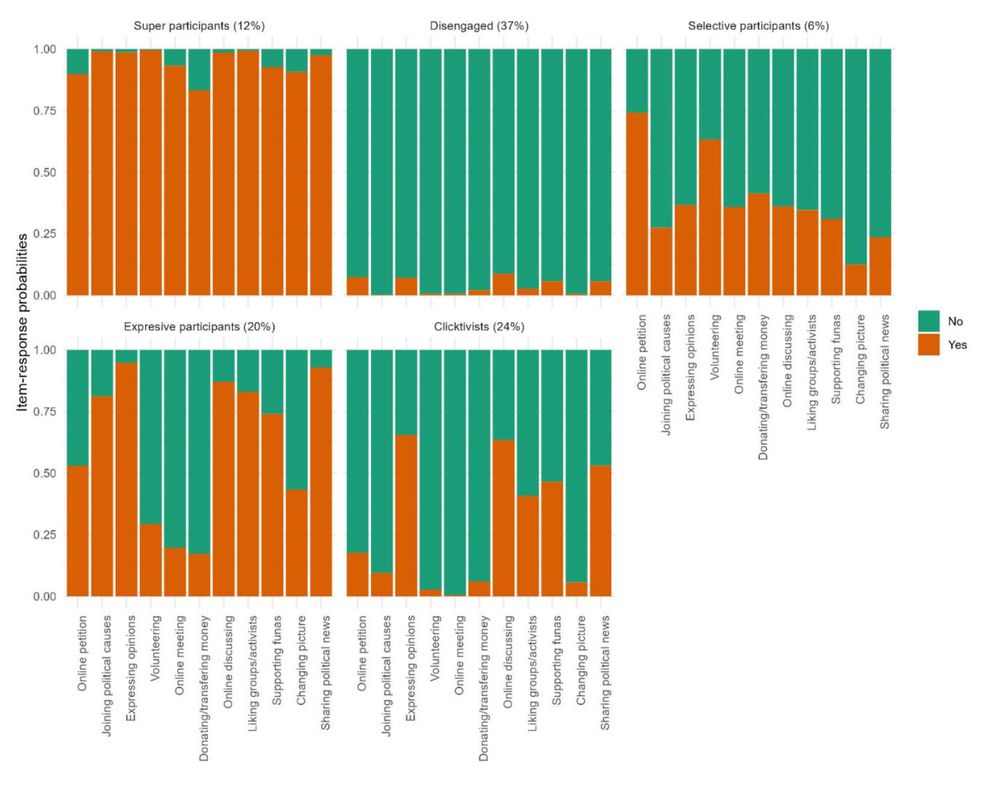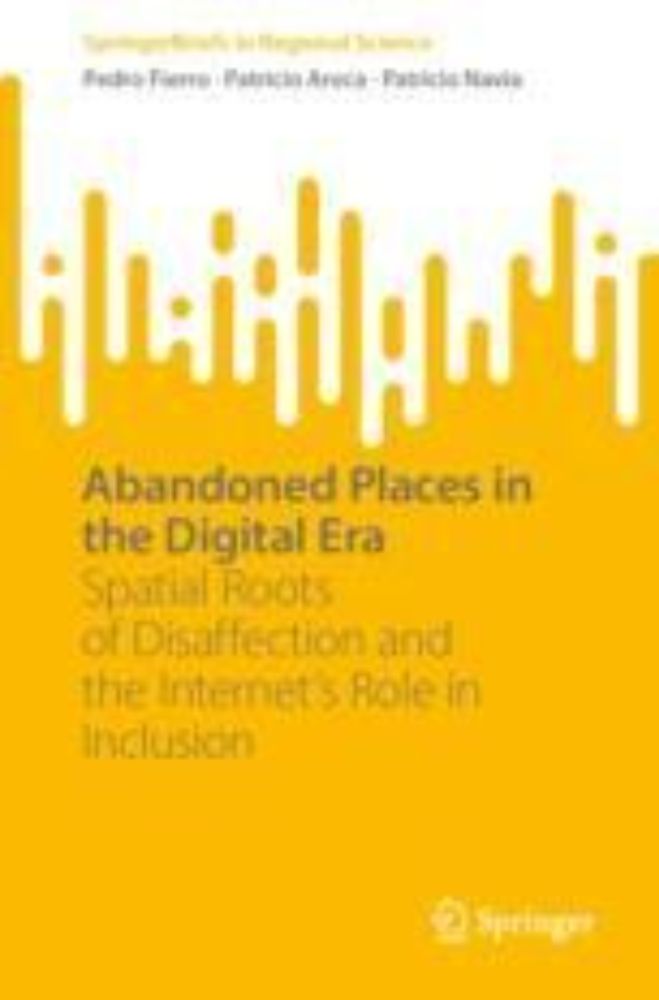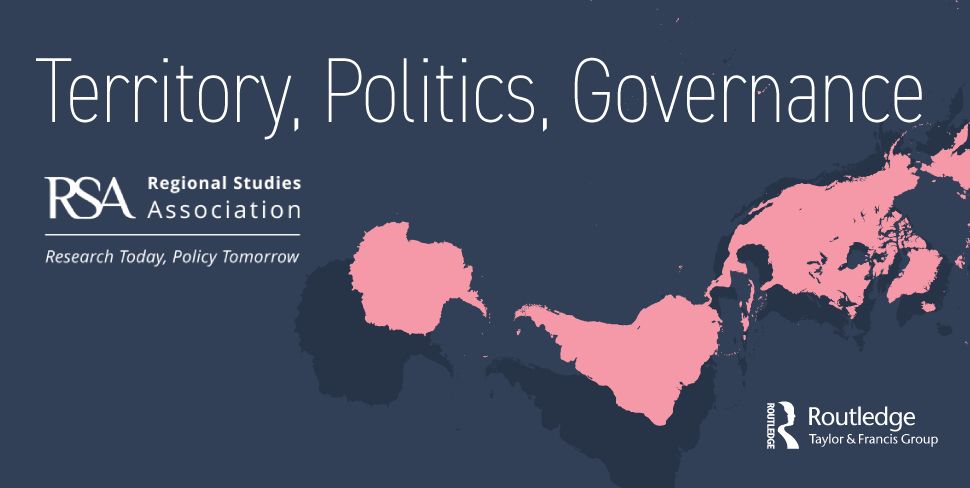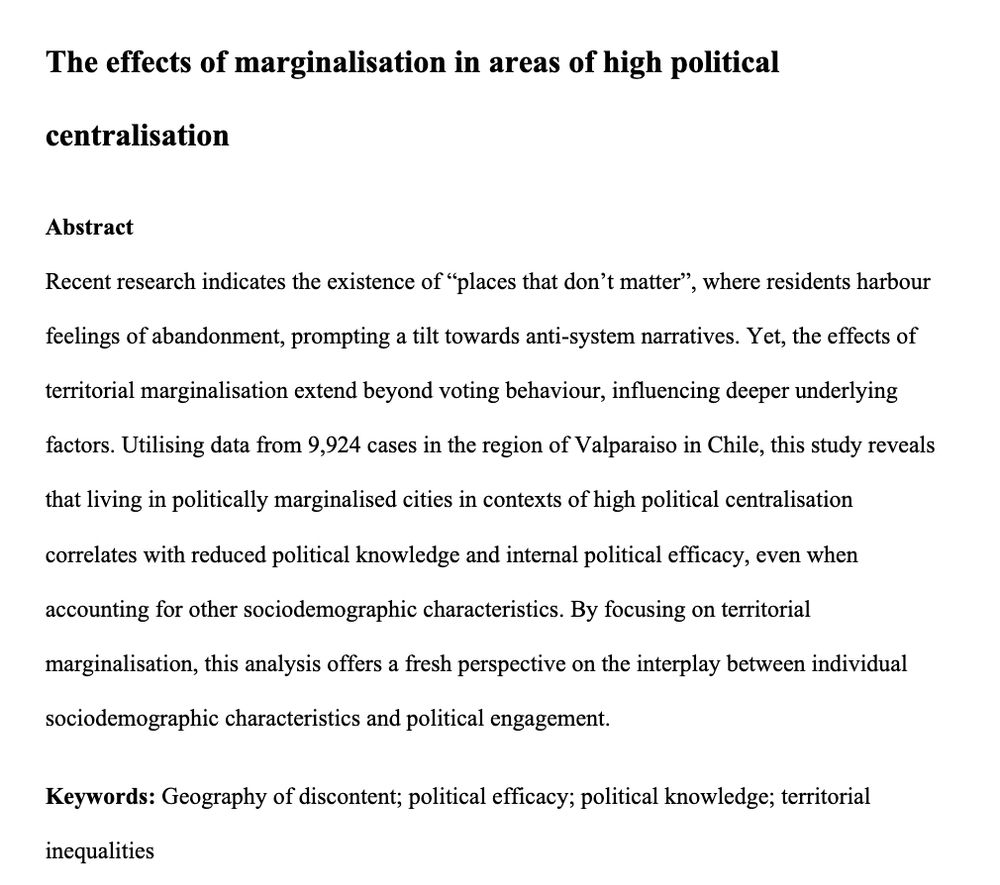Pedro Fierro
@pedrofierroz.bsky.social
96 followers
180 following
36 posts
Assistant Professor at UAI (Chile) | Visiting Fellow at LSE Media (UK) | Researcher P!ensa & Núcleo MEPOP | Political Communication & Political Geography
https://pedrofierroz87.github.io/
Posts
Media
Videos
Starter Packs
Reposted by Pedro Fierro
Pedro Fierro
@pedrofierroz.bsky.social
· Jun 26

Feeling the split: Territorial divide and political emotions in the Chilean constituent processes (2022–2023) - Pedro Fierro, 2025
This study analyses the influence of territorial marginalisation in shaping negative political emotions. Focusing on the Chilean Constituent Processes of 2022 a...
journals.sagepub.com
Pedro Fierro
@pedrofierroz.bsky.social
· May 29
Pedro Fierro
@pedrofierroz.bsky.social
· May 29
Pedro Fierro
@pedrofierroz.bsky.social
· May 29
Pedro Fierro
@pedrofierroz.bsky.social
· May 29
Pedro Fierro
@pedrofierroz.bsky.social
· May 29
Pedro Fierro
@pedrofierroz.bsky.social
· May 29
Reposted by Pedro Fierro
Pedro Fierro
@pedrofierroz.bsky.social
· Jan 20
Pedro Fierro
@pedrofierroz.bsky.social
· Jan 20
Pedro Fierro
@pedrofierroz.bsky.social
· Jan 20

How different patterns of online participation reflect internal, external, and online efficacy: the case of Chile
Recent research extensively examines the impact of political efficacy on online and offline political engagement, but those studies often overlook the multifaceted types of political engagement. Th...
www.tandfonline.com
Pedro Fierro
@pedrofierroz.bsky.social
· Nov 26

